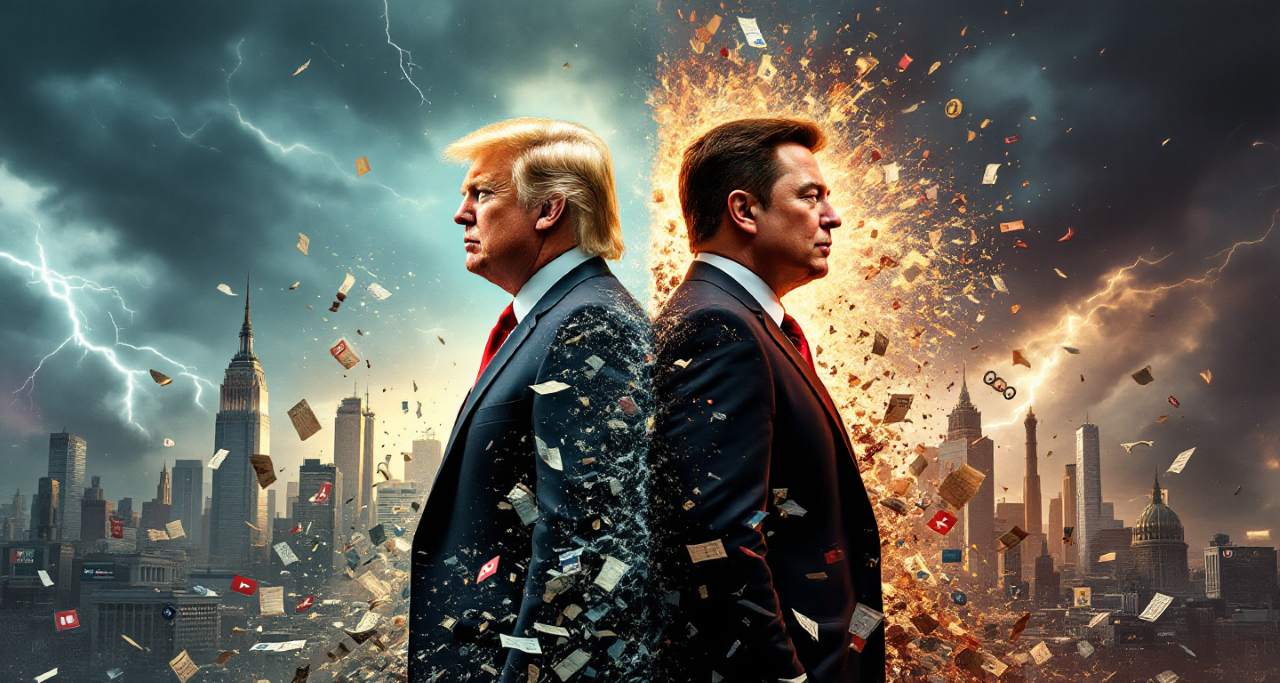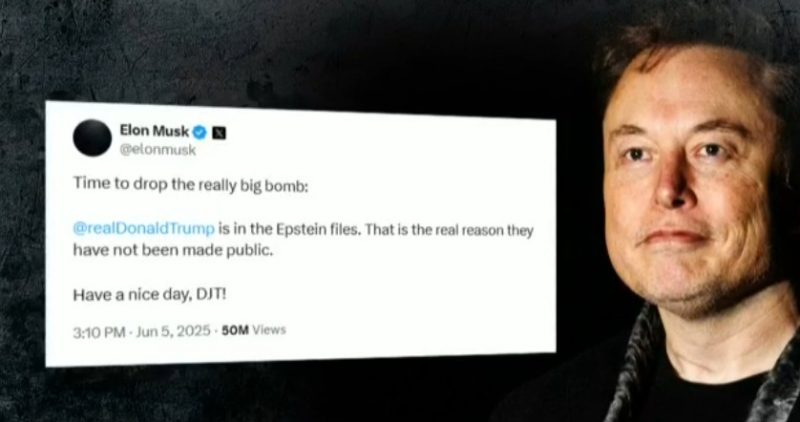
It’s not every day you see two of the world’s most recognizable—and, let’s be honest, self-assured—figures go from political soulmates to public adversaries in the span of a week.
When Egos Collide
But that’s exactly what’s happened with Donald Trump and Elon Musk. Their relationship, once the stuff of political legend and meme fodder, has unraveled in a fashion so dramatic it almost feels scripted for reality TV. I’ve watched this saga unfold with a mix of fascination and disbelief, and if you’ve ever wondered what happens when two narcissistic co-leaders turn on each other, buckle up.
The Rise: From Bros to the White House
Let’s rewind. Just months ago, Musk was Trump’s not-so-secret weapon. He wasn’t just a campaign donor—he was a fixture at rallies, a guest at Mar-a-Lago, and, for a brief, surreal stretch, the head of Trump’s Department of Government Efficiency (DOGE). Musk’s fingerprints were everywhere: slashing federal budgets, firing off memos demanding weekly productivity reports from bureaucrats, and even bringing his son “X” to the Oval Office for photo ops. Trump, for his part, lavished Musk with praise, even jokingly threatening to “throw out” any Cabinet member who dared cross him. It was a bromance for the ages, and for a while, it seemed unbreakable.
The Breaking Point: When Policy Meets Personality
But as anyone who’s followed either man knows, alliances built on ego are as stable as a Tesla on autopilot in a hailstorm. The first cracks appeared over Trump’s “One Big Beautiful Bill Act”—a sweeping tax-and-spending package that Musk publicly trashed as a “disgusting abomination.” Musk, who had spent months touting his government cost-cutting, was incensed that the bill would balloon the deficit. He took to X (formerly Twitter), urging his millions of followers to “KILL THE BILL” and even hinting at primary challenges for Republicans who supported it.
Trump, never one to let a slight go unanswered, fired back. In a televised Oval Office address, he dismissed Musk’s influence, claiming he would have won the election without him. Then, in a move that felt both petty and strategic, Trump threatened to axe Musk’s government contracts and subsidies, calling it “the easiest way to save money”.
The Fallout: Public Feuds and Private Panic

The fallout was immediate and messy. Musk, never shy about escalation, endorsed a call for Trump’s impeachment and even amplified rumors about Trump’s alleged connections to Jeffrey Epstein.
Tesla’s stock price nosedived, and Trump’s allies in Congress started sweating over the midterms, suddenly deprived of Musk’s tech-world clout and online megaphone. One White House aide described Musk’s tirade as “completely batshit,” while another admitted the speed of the breakup “caught the president and the entire West Wing off guard”.
Behind the scenes, the split had been brewing for weeks. Trump’s team had quietly started limiting Musk’s influence, especially after the president pulled the nomination of Musk’s ally, Jared Isaacman, for NASA administrator—a move Musk saw as a personal betrayal. The final straw? Musk’s relentless, very public campaign against Trump’s signature bill.
What Happens Next: The Risks of a Narcissistic Divorce
So, what happens when two narcissistic co-leaders turn on each other? For Trump, the loss of Musk’s support could mean trouble with tech donors, social media-savvy voters, and, crucially, fundraising for the midterms. For Musk, the risks are even starker: regulatory scrutiny, lost government contracts, and a sudden chill from the political establishment he once helped shape.
I can’t help but recall a conversation I had with a longtime Hill staffer, who once told me, “In Washington, every alliance is temporary, but the breakups are always permanent.” Watching Trump and Musk’s spectacular split, I finally get what she meant.
Lessons in Power and Personality
The Trump-Musk breakup isn’t just a story about two men with outsize egos. It’s a cautionary tale about what happens when power is concentrated in the hands of those who see themselves as the main character in every story. Their alliance was always going to be volatile—what’s surprising is just how quickly it all fell apart.
If there’s a lesson here, it’s that in politics, as in business, the most combustible partnerships are often the ones that burn brightest—and fastest.
